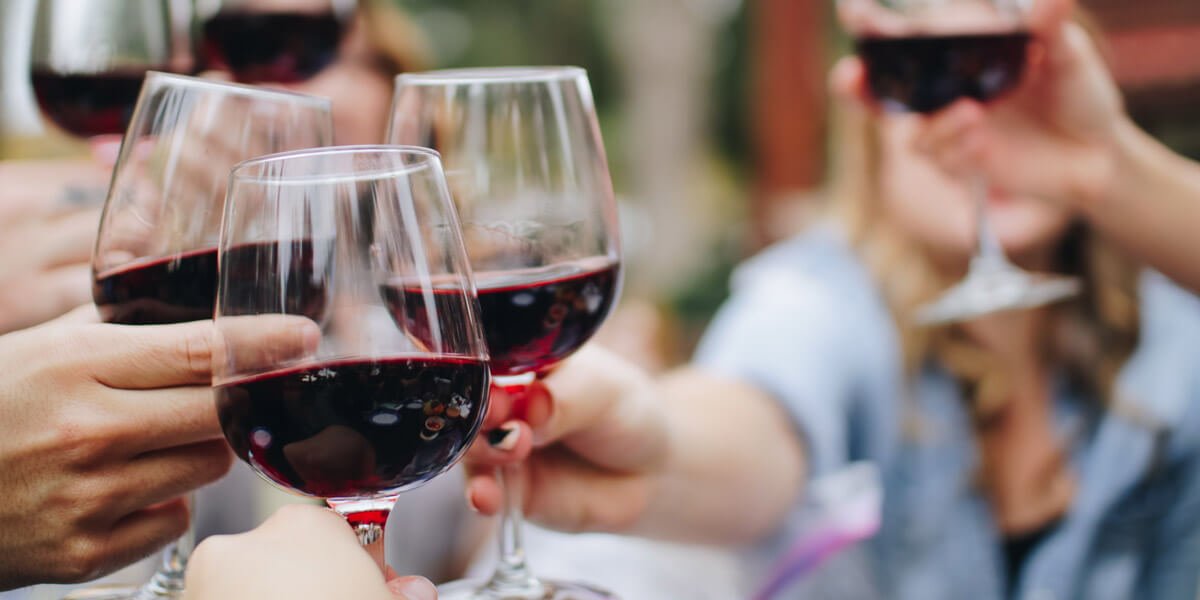
20 Jun Will Even One Alcoholic Drink Ruin Your Sleep?
Consuming alcohol is, for better or worse, a way to treat yourself and relax at the end of the day for many people all around the world. Whether you drink because you enjoy the taste of a cold beer at the end of a workday or (though you wouldn’t like to admit it) to forget the day’s troubles and get to sleep more easily, you may not like to think about the adverse effects the alcohol is having on your body, especially on your sleep.
Alcohol Affects Circadian Rhythms
Circadian rhythms are the 24-hour rhythms dictated by your internal biological clock, and they regulate all of the body’s processes, such as your metabolism, immunity, energy, sleep, libido, and mood.

The problem with alcohol is that it disrupts the ability of the biological clock to synchronize itself, which causes a wide range of problems within the body. For sleep, it can:
Disrupt Sleep-Wake Cycles – alcohol is very effective at suppressing melatonin, a key facilitator of sleep and regulator of sleep-wake cycles. Even a moderate dose in the hour before you go to bed can reduce melatonin production by 20%.
Causes Tiredness – and not in a good way: alcohol elevates adenosine in the body, a chemical that regulates sleep by rising naturally the longer you’ve been awake. Alcohol boosts this meaning you may feel tired when you otherwise wouldn’t.
Getting Up in the Night – drinking before bed will likely mean you have to wake up in the night to use the bathroom when you otherwise would not.
More Likely to Sleepwalk – alcohol increases the risk of parasomnias, such as sleepwalking and sleep eating.
More Likely to Suffer From Sleep Apnea – alcohol can cause excessive relaxation of the muscles in the back of your throat, which can cause an obstruction in the throat and lead to excessive snoring and breathing difficulty.
But I Like a Drink!
A small amount of alcohol is fine, but if you struggle with sleeping you should be aware that the more drink you consume the closer to when you go to sleep, the more problems you’ll experience. The best time of day to drink is in traditional “happy hour”, in the early to mid-evening hours.
Stop Relying on Alcohol to Fall Asleep
Relying on alcohol as a medication for getting to sleep at night isn’t good news for your long-term health. While the occasional Friday night binge or nightly glass of wine with dinner won’t likely cause problems like sleep apnea, depending on it to fall asleep might. Try to tackle the problems that are causing you to use alcohol to fall asleep head on, or speak to a medical professional about your problems falling asleep.
